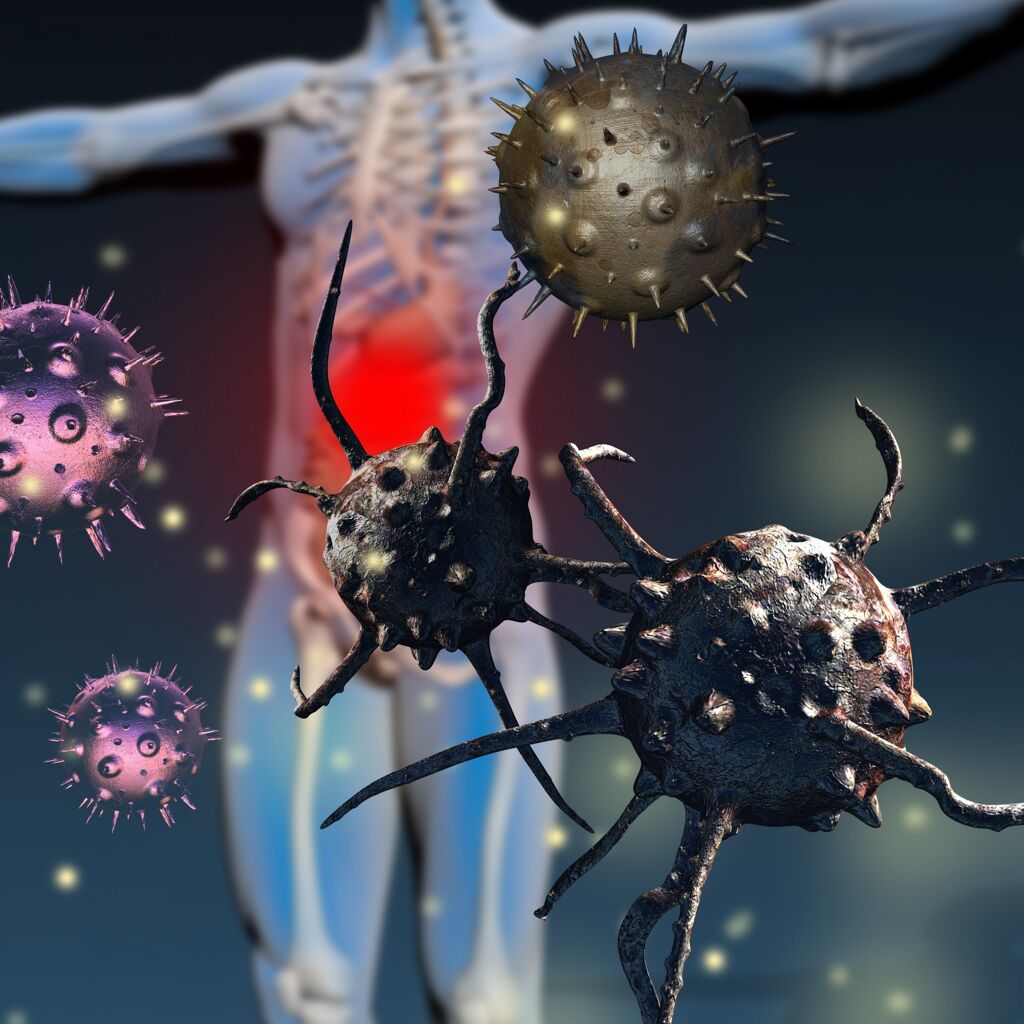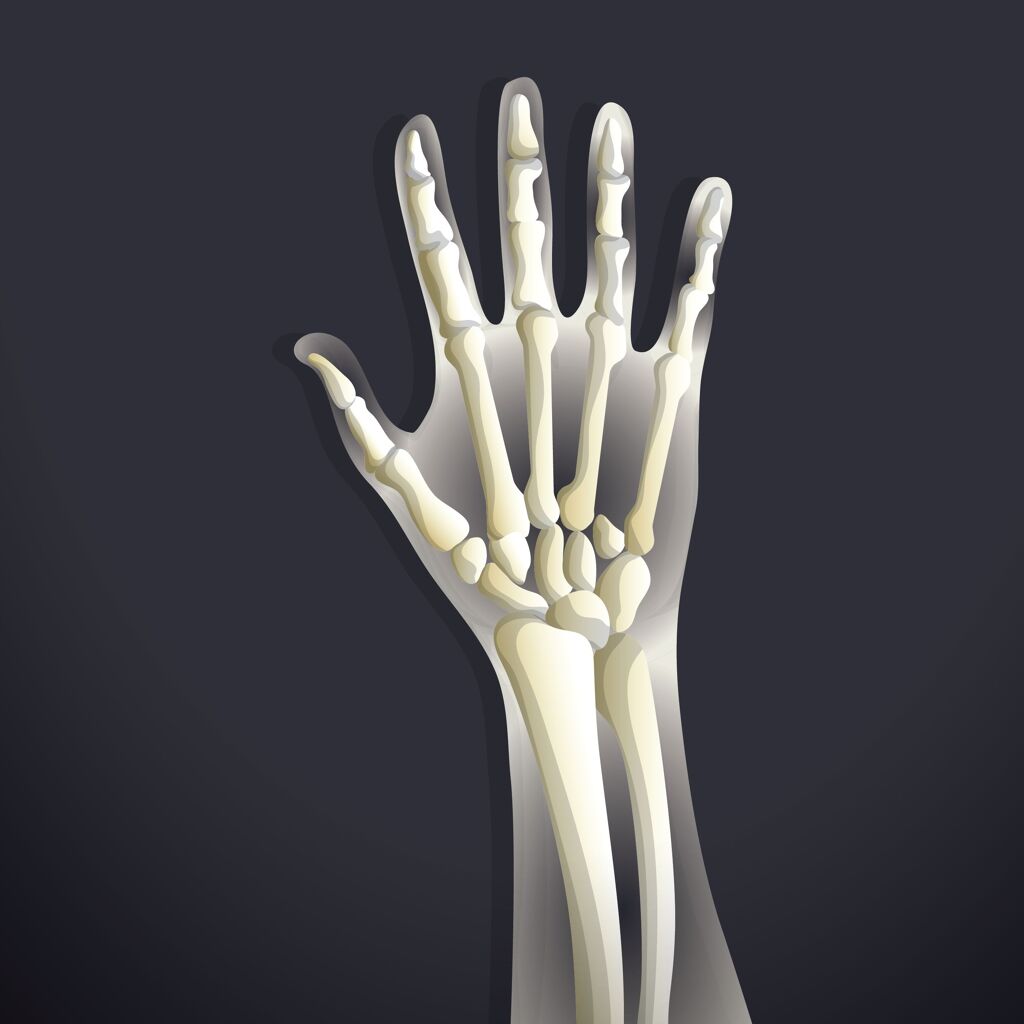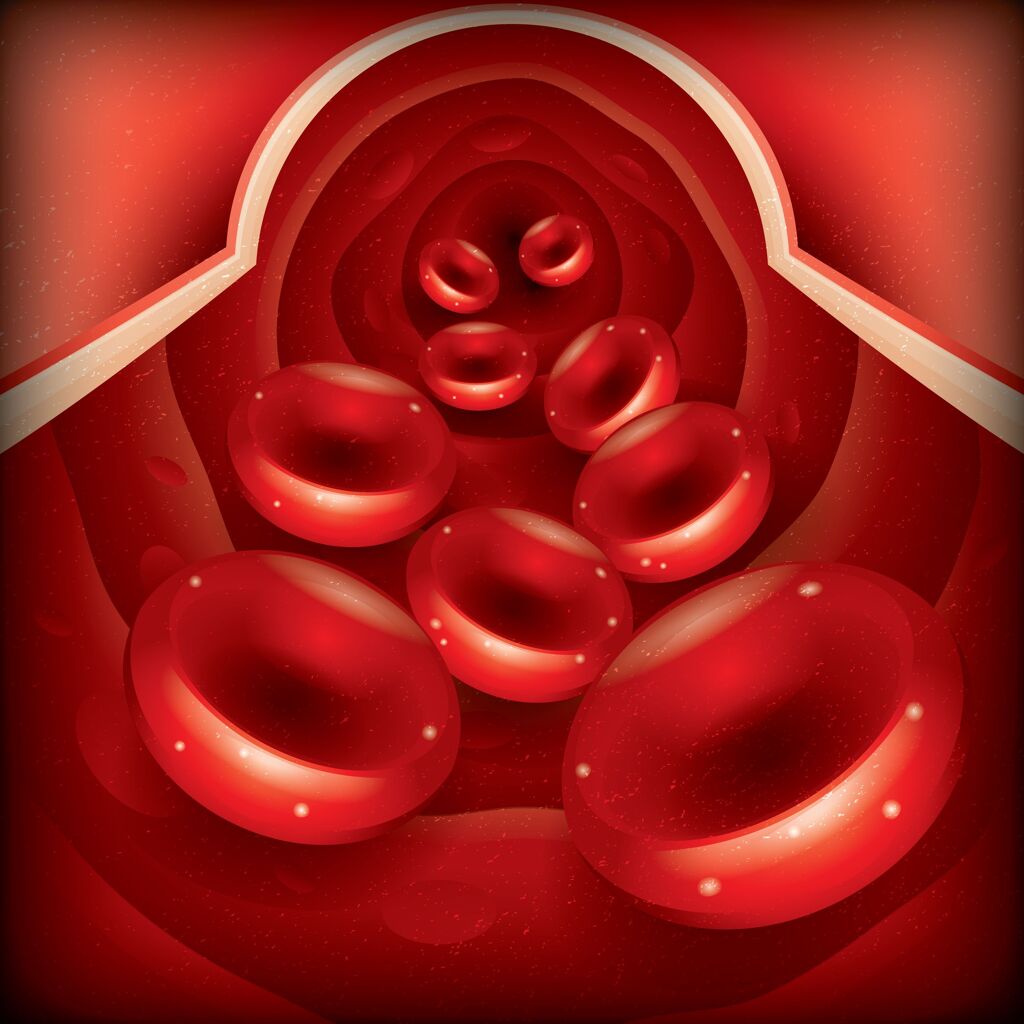Bartonella Symptoms & How To Recognize Bartonellosis

In this blog, we will look at the many symptoms of bartonella. You will learn:
- What bartonella is and what causes it
- The range of symptoms and diseases caused by the bartonella bacteria
- What is the mechanism of action of the bartonella bacteria
Do you know what bartonella is? Do you know what the symptoms of bartonellosis are? If you want to know more about this growing threat, this blog is for you. Please read on for answers!
** Please note: If you want the longer, more scientific version of this article, then please click here **
What is bartonella?
Bartonella is a bacterium that causes the disease bartonellosis.
It can infect humans and animals, including cats and dogs, and cause bartonellosis. In recent years, bartonella infections are reported to be on the rise (Álvarez-Fernández A, 2018). Bartonella can be transmitted to anyone in direct contact with the insects (including ticks) and animals (typically cats and dogs) that transmit bartonella (de Almeida Lins K, 2019).
Bartonella bacteria can cause many health issues. It is sometimes asymptomatic and causes no symptoms, especially in someone with a strong immune system. On the other extreme, it can be potentially fatal (de Almeida Lins K, 2019).
The Varied Symptoms of bartonella include: (NORD, 2020), (Breitschwerdt EB, 2008) and (CDC, 2020)
- General symptoms: fatigue, insomnia, nausea, memory loss and/or disorientation, loss of coordination, poor appetite, skin pustule (similar to a pimple) at the site of the bite or scratch
- Immune symptoms: swollen lymph nodes, frequent sore throats, fevers
- Neurological symptoms: headaches/ migraines, numbness & tingling in hands & feet, tremors, seizures, vertigo
- Psychological symptoms: cognitive issues, slower mental processing speed, hallucinations, disconnection/dissociation, schizophrenia, depression, anxiety, panic attacks, agitation, mood swings
- Musculoskeletal symptoms: pain in the soles of the feet, arthritis, rheumatoid arthritis, bone pain, joint hypermobility, muscle weakness, muscle twitching
- Blood symptoms: anemia
- Visual symptoms: blurred vision
- Skin symptoms: stretch marks (especially horizontal on back and hips)
- Abdominal symptoms: enlarged liver and spleen, pain under the ribcage, liver cysts
- Cardiovascular symptoms: endocarditis, palpitations
Which different diseases does the bartonella bacteria cause?
Bartonella can potentially cause disease in humans:
- Cat scratch disease (CSD): Cat scratch disease is the most well-known disease caused by the bartonella henselae species of bartonella bacteria. Often, healthy people don’t develop any symptoms. People with a mild infection usually get better without any treatment. Although rare, CSD can cause people to have serious complications. CSD can affect the brain, eyes, heart or other organs. These complications are rare, require treatment and are more likely to occur in children and people with weakened immune systems (CDC, 2020).
- Carrion’s disease: Carrion’s disease is an infection caused by the bartonella bacilliformis species. In its acute phase, it can be serious and life-threatening, especially for people with weaker immunity, such as children. It is currently primarily limited to Peru, Ecuador and Colombia (de Almeida Lins K, 2019).
- Trench fever: Trench fever or quintana fever is a recurring 5-day fever caused by the bartonella quintana species. The episodes of fever typically become less severe over time. The mortality rate of trench fever is low (ECDPC, 2022). It is currently common among the homeless, alcoholics and AIDS patients. Outbreaks have occurred in Seattle and Baltimore among injection drug users (ECDPC, 2022).
- Endocarditis: Endocarditis is a life-threatening inflammation of the lining of the heart. It is usually caused by an infection, when germs enter the blood and travel to the heart. It is often bacterial. Bartonella can cause bartonella endocarditis, similar to other cases of bacterial endocarditis. Symptoms include fever, fatigue and weight loss (Okaro U, 2017).
Bartonella may be associated with atherosclerosis and some autoimmune conditions. Atherosclerosis is when the arteries have plaque deposits of fatty material. It is thought that bartonella could be involved in some autoimmune diseases (Okaro U, 2017).
To Read About Blog Topic, Scroll Down
Want To Work With Our Clinic?
Do you have a chronic or mystery illness that no one has been able to help you with? Are you simply wanting to re-connect with a healthier version of yourself? It’s Time To Finally Feel Better!
What are Bartonella’s Mechanisms of Action?
Bartonella is a stealth pathogen that can cause a low-grade chronic infection (Breitschwerdt EB, 2008). It is a stealth infection that invades the red blood cells. This means the immune system cannot see it in some cases and it can become chronic.
It can become a recurring case and is sometimes at such a low level in the blood that it is not picked up by (PCR) testing (Breitschwerdt EB, 2008).
Summary
- Bartonella is the bacteria that can cause bartonellosis. Bartonella affects people in direct contact with the insects (including ticks) and animals (typically cats and dogs) that transmit bartonella.
- Bartonella can cause a wide range of symptoms from headache and fever, to neurological, psychological, cardiovascular issues and more.
- Bartonella is a stealth infection that acts somewhat like a parasite. The bacteria invade red blood cells and hide from the immune system. This can make it difficult to identify and diagnose bartonella.
- Clinically, providers at the Medicine with Heart clinic have found bartonella to be a significant cause of anxiety, depression, behavior changes, motor issues, and other neuropsychiatric symptoms. While there are many causes for these kinds of issues, bartonella is and can be one of the often missed causes for people who have ruled out other issues.
In our clinic, we are Lyme-literate doctors. We are experts at identifying root causes, diagnosing conditions like bartonellosis, chronic Lyme Disease and Lyme co-infections. We help people to address the root causes of illness and improve their health. We treat Lyme co-infections and chronic Lyme symptoms, with both natural and pharmaceutical approaches, depending on the individual case.
** Please stay tuned for our next Blog! **
Are You Suffering From A Chronic Illness?
Does your current health situation look like this…
- Do you feel that you have tried many things and either nothing works, or the treatment does not hold?
- Have you been told that there is nothing that can be done to reverse your illness and you just need to manage symptoms?
- Does your illness impact your work, your family, your happiness and your social life?
We specialize in finding answers and solutions for complicated chronic illness when people feel like they have tried everything. If this sounds like you, book a free call with us to see if we are the right fit for your health goals.
Dr. Miles has spoken for the following organizations:
















